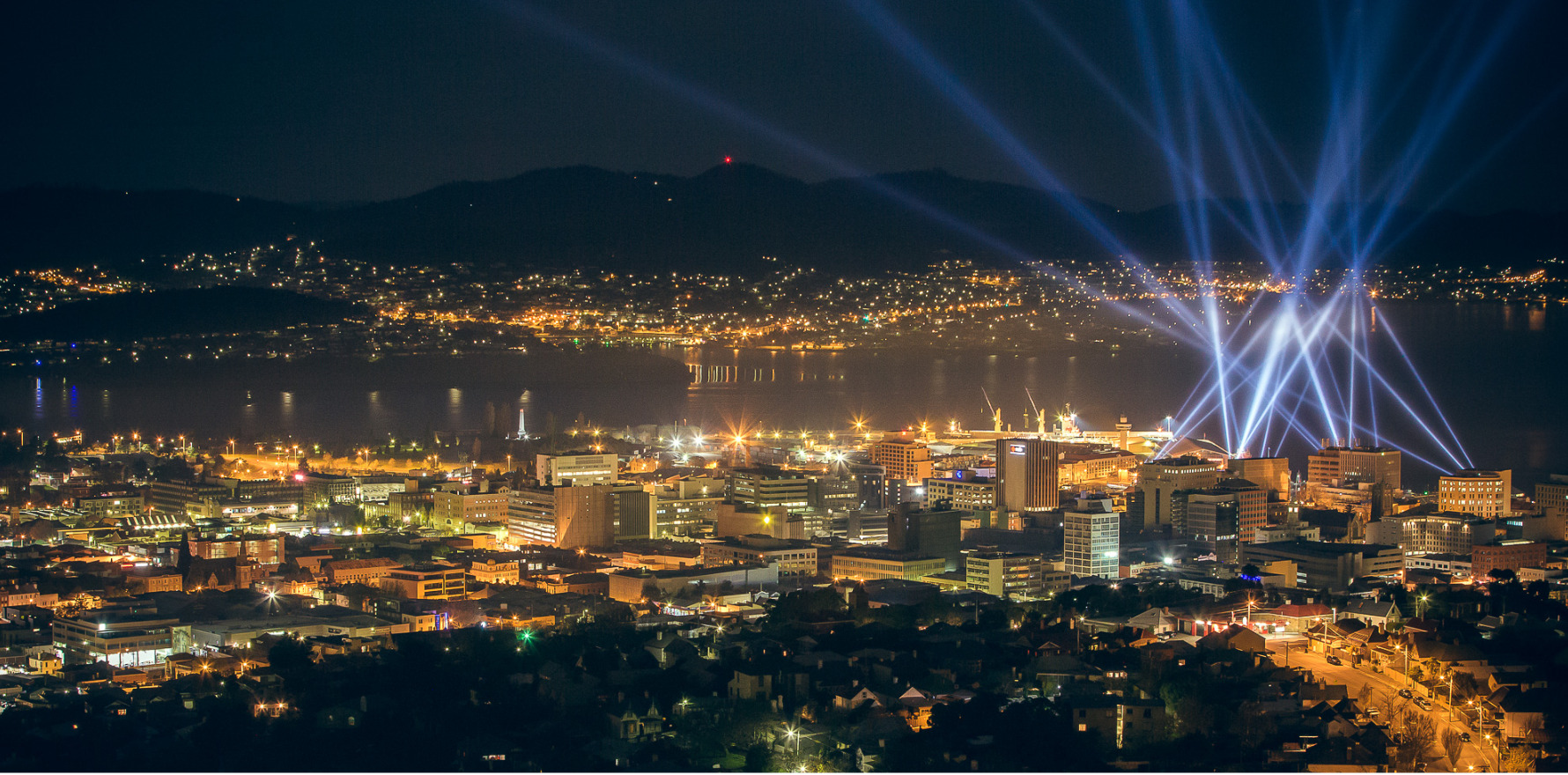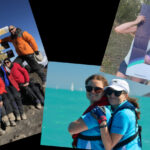There’s a lot to look forward to at the first fully face-to-face ASM since 2019.
The 2023 ARA Annual Scientific Meeting runs from 6-9 May at the Hotel Grand Chancellor in Hobart.
Co-convenors Associate Professor Anne Powell and Associate Professor Alberta Hoi talk us through some of the highlights of the conference and what to watch out for.
The ASM is fast approaching – how does it feel?
AP: Given the uncertainty, we’re pretty excited to have the first face-to-face meeting since pre-pandemic.
When we first started planning this in July 2021, we weren’t exactly sure at that stage what we would be able to deliver due to the pandemic. So I think that’s part of our enthusiasm – I think everyone we’re talking to is excited to have that sense of community in a face-to-face meeting.
What can delegates expect?
AP: We’ve learned a lot about IT during the pandemic, and we’re adding features to try and make the live experience more interactive, inviting opinions and questions from the whole membership. It’s no longer just a meeting where the loudest and the most confident get up and speak!
We’re also really impressed at the quality of the international speakers we’ve managed to draw in, given that they had to commit to coming at a time when we weren’t really sure what might happen.
Can you tell us about some of the international speakers?
AP: We’ve got Janet Pope, who’s a tried and trusted trooper as a presenter. And she’s not only doing some of the key plenary sessions, she’s also going to help us transform our clinical grand rounds. As we all know from Twitter, she is the clinical pearls queen!
AH: Then we have Ed Vital who’s really the rising star in lupus. He’s contributed so much to recent understanding in early disease, interferon signature and B-cell targeted therapy.
And we also have Andrea Low, who’s Singaporean and trained in the UK. She is an expert in scleroderma, but she will also bring in a lot of experience in treating connective tissue patients in Asia-Pacific. The patients are a lot sicker, they’re a lot more, I guess, inflammatory. In Australia, we have a lot of Asian patients who get very sick, and I think her experience will be really worthwhile for us.
AP: Part of our mission with ARA is to engage more with our local APLAR organisations, and that has been really an important part of what we’re trying to do.
AH: We’ve got Will Gregory, an academic physiotherapist from the UK. He has done a lot of research in exercise therapy in major disease groups like myositis, spondyloarthritis, even fibromyalgia. So I know our allied health colleagues are very excited to have him as an authority in that area.
AP: In paediatrics we’ve got Prof AV Ramanam, who has a pretty broad portfolio. In addition to the paediatric year in review, he’ll also be talking about trial design.
AH: People can get up close and personal with our invited speakers at the concurrent Meet the professor sessions on Tuesday morning. We think that will be popular, and hope people will sign up to that.
What about local speakers?
AH: The calibre of our national speakers is really world class as well.
For example, we have osteoporosis expert Tanya Winzenberg, we’ve got Eric Morand speaking in one of our sessions, Fabienne Mackay is doing our basic science review, and Graeme Jones is doing the adult clinical review.
And in the Novel targets session, we have three top speakers: Elissa Deenick from Sydney, talking about B cell therapy; Joshua Ooi, from my group at Monash University, who’s a pioneer in trying to develop T regulatory cells as a therapeutic option for autoimmune disease; and Kate Schroder from Queensland, the inflammasome queen. She’s sold her research to Roche and is a leading scientist in this area.
Can you point to any particular research highlights for you?
AP: What I would say is that our abstracts – adult, paediatrics, basic science and allied health – are really very high quality. There’s going to be some new material presented that will contribute to the way that we practice our medicine.
I’d also like to point out that for our New investigators session, the quality of those abstracts was outstanding this year. We have some absolute shining stars among new investigators coming through in rheumatology, and I think that’s going to be a pretty amazing session.
Will there be a poster hall?
AP: We’re still doing traditional old-fashioned physical posters, with people being able to gather together and talk about the research. And that’s really just because we love collaboration. Old school, good school!
What can we expect from Grand Rounds? Without giving away any spoilers …
AP: So I think the big thing you can expect is it’s going to be pretty edgy with Janet Pope leading the show, with a few clinical pearls popped in there along the way.
It will also be interactive, with the audience being able to commit anonymously to how they would progress with the different cases. We’re hopeful that the new format will really be a big drawcard and keep people to the end of this meeting.
There are so many great sessions! Will they be recorded so we can go back later and watch the ones we missed?
AP: We have arranged for recordings of all the key sessions, so that our membership who have work commitments or young families where they just can’t make it down can see the recordings at a later date. But what we’ve tried to do in the design is to avoid, where possible, having sessions where someone would really passionately want to be at two places at the same time.
What about events outside the main program?
AP: First up there’s the advanced trainee preceptorship, which I think deserves very special mention. Vera Golder has done a superb job of getting together specialists in other areas of medicine to help discuss various different cases that come across our path. And then, because there’s been a little bit less face-to-face patient contact with our trainees over the last couple of years due to the pandemic, we want to make sure that there’s real face-to-face training and just updating things like joint injections with our simulation training models.
I think it’s also important to highlight the sponsor sessions – some of the speakers they’re bringing in for their lunches are pretty exceptional and add nicely into the program.
Is there a keynote speaker for the dinner?
AP: There is a band, and there will be dancing. We do have a lovely venue by the water. But I think it was pretty much decided that nobody really wanted to hear other people talk at that stage. We all just wanted to network, talk and dance, given we haven’t seen many of our colleagues for years face to face.
And I believe there’s a fun run on Monday morning?
AP: Yeah, it’s a bit of an ASM tradition. Claire, our president, is probably going to hammer us all!
The ARA ASM runs from 6-9 May in Hobart. See www.araconference.com for more information on the program, presenters and how to register.





